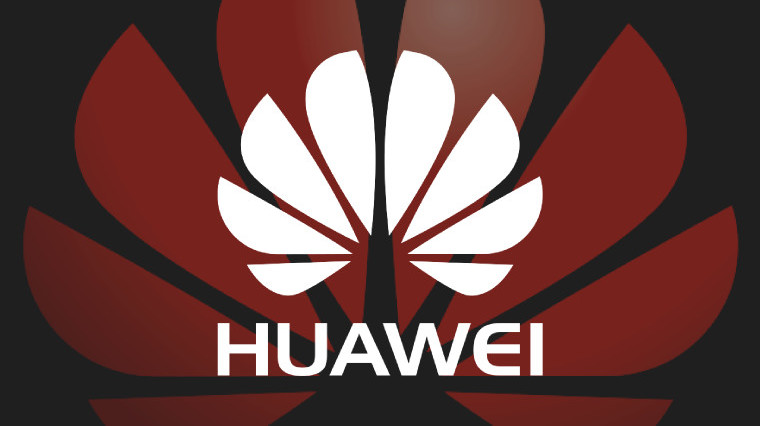
Just like last year when Huawei introduced the Kirin 970, the firm announced the Kirin 980 at IFA this year. Last year, the focus was on artificial intelligence, with the SoC containing the first Neural Processing Unit (NPU). The dedicated hardware allowed for device cameras to actually see what they're looking at and adjust settings accordingly. It also improved battery life among other things.
As we noted last month, AI is still a huge focus for Huawei, so the Kirin 980 has a dual NPU. The Kirin 980 can recognize 4,500 images in a minute, which is a 120% improvement over last year's chipset.
What's probably most notable is that the Kirin 980 is the world's first commercial 7nm chipset. Huawei partnered with Taiwan Semiconductors (TSMC) for this, just as Qualcomm will for next year's flagship SoC. It would seem that TSMC is the popular partner for 7nm, just as Samsung was for 10nm.
The Kirin 980 will also include Category 21 LTE, with download speeds of up to 1.4Gbps. This beats out Qualcomm's Snapdragon 845, which is Category 20 for download speeds of up to 1.2Gbps.
Huawei also made improvements to the ISP, with a 46% increase in data throughput, and better support for multi-camera configurations. This is no surprise, given that the P20 Pro was the first device with a triple-lens camera.
In case you're wondering when the Kirin 980 will start showing up in handsets, the good news is that Huawei announced an Honor handset with the SoC yesterday. The Magic 2 will include the chipset, and you'll see it in future Huawei flagship smartphones like the Mate 20.

















2 Comments - Add comment